Feeling nervous about whelping your next litter?
Get an Evaluation of Your Whelping Setup and Answers to ALL Your Questions!
CLICK BELOW TO WATCH FIRST!

4.9/5 star reviews
Thousands of happy customers worldwide
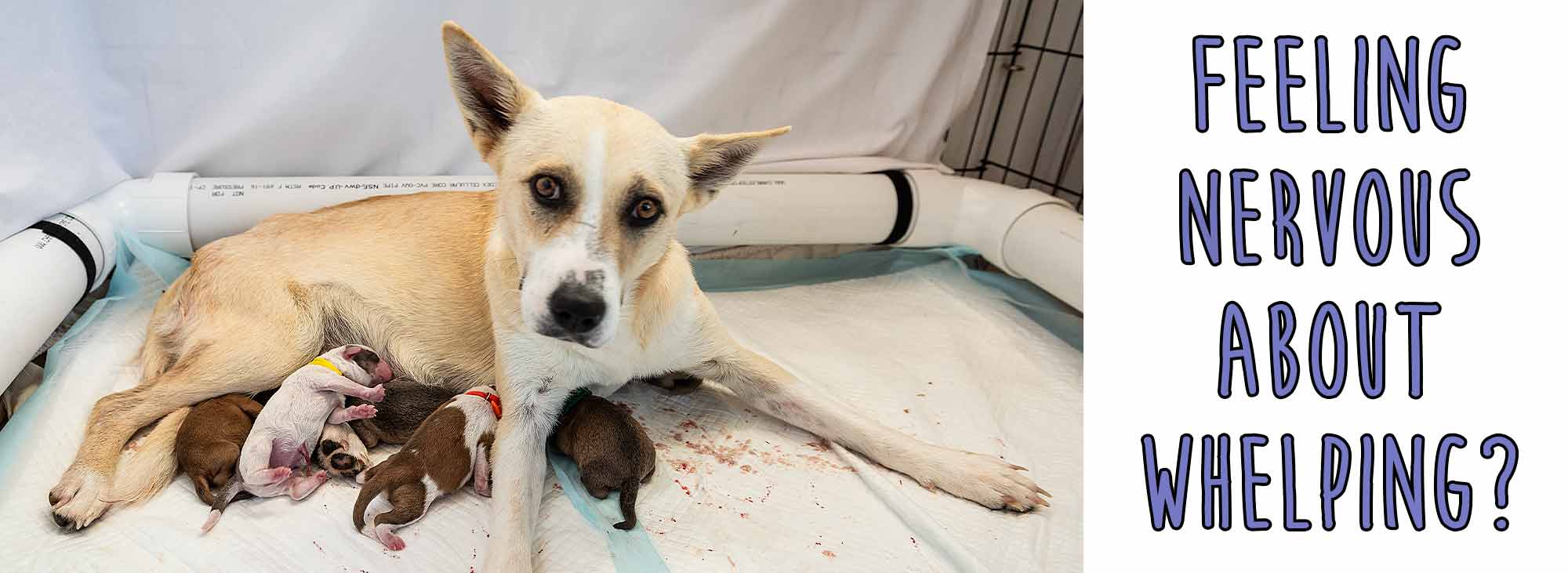
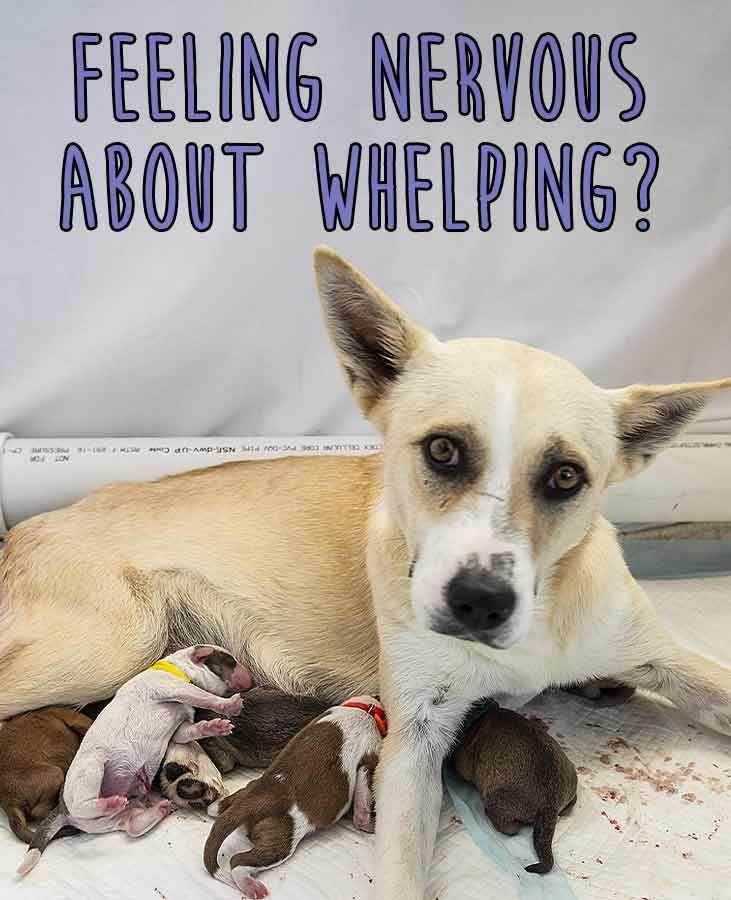
Vinny is available for adoption in Durango, CO!
Feeling nervous about whelping your next litter?
Get an Evaluation of Your Whelping Setup and Answers to ALL Your Questions!
CLICK BELOW TO WATCH FIRST!

4.9/5 star reviews
Thousands of happy customers worldwide
Hi! I'm Diane and Welcome to Puppy Junkie
Your Guide to Whelping, Raising, and Socializing Healthy, Happy Puppies

Whether you're a breeder, foster, or pet owner, the first few weeks of a puppy’s life are critical. The right care, environment, and experiences during this time can shape their temperament for the rest of their lives. I'm dedicated to providing you with the knowledge, tools, and support you need to ensure a successful start for every puppy and kitten in your care.
Preparing for Whelping – Setting Up for Success
Whelping can be a stressful and intense experience, but proper preparation can make all the difference. We’ll guide you through the essentials:
Creating the Perfect Whelping Room: Learn how to set up a calm, clean, and quiet environment to support both mom and her newborns.
Whelping Box Essentials: Discover how to select and prepare the ideal whelping box to keep puppies safe and comfortable.
Must-Have Whelping Supplies: From towels to thermometers, we’ll list the critical tools you need to be ready for any situation.
When Will Whelping Occur?: Learn how to predict labor, identify the early signs, and track your dog's progress to ensure you’re prepared.
Normal vs. Abnormal During Whelping: Know what’s typical and what might require intervention.
What to Do in an Emergency: We’ll show you how to handle common complications and when to call a vet for help.
Raising Puppies – The First 8 Weeks are Crucial
From birth to 8 weeks old and beyond, puppies are like sponges, soaking up every experience. This is a golden period for shaping their temperament and laying the groundwork for a lifetime of positive behaviors. Here’s how you can make the most of it:
Early Socialization: Expose puppies to new sights, sounds, and environments to help them grow into confident, well-adjusted adults. Socialization during this critical window helps prevent future issues like fear, anxiety, and aggression.
Basic Training: Simple training, such as crate training, potty training, and basic commands, can be introduced early. These skills not only teach puppies household manners but also set them up for success in their new homes.
Preventing Behavior Problems: The first 8 weeks are key in preventing issues like house soiling, chewing, barking, and hyperactivity. We’ll show you how early interventions can make all the difference.
By the time puppies are around 12 weeks old, the window for positive change begins to close. This is why breeders and fosters play such a critical role in shaping a puppy’s future. Early training and socialization during this time can positively impact behavior for a lifetime.
The Power of Early Intervention – Why It Matters
Did you know that behavior problems are the #1 reason pets are surrendered to shelters or face early euthanasia*? In fact, issues like aggression, anxiety, and fear can lead to heartbreak for both pets and their families.
But it doesn’t have to be this way. The work you do as a breeder or foster can literally change the structure of a puppy's brain during those first weeks. By providing a loving, stimulating environment, you help build resilience, confidence, and the foundation for a positive future.
When puppies are raised with early socialization and basic training, they’re better equipped to handle stress and adapt to their new homes. This means fewer behavioral problems, less risk of surrender, and ultimately happier pets and families.
Ready to Get Started?
I'm here to help you every step of the way. Whether you're preparing for your first whelping or looking for new techniques to improve your socialization process, I have the resources, advice, and support you need. I offer:
Expert Articles on whelping, early socialization, training, and behavior prevention
FREE 17 Page Whelping Guide that covers everything from nesting to evaluating your puppies' vitality at birth
1 on 1 Calls with Me to evaluate your whelping and raising setup and answer all your questions
Popular Articles For Breeders, Fosters & Pet Owners
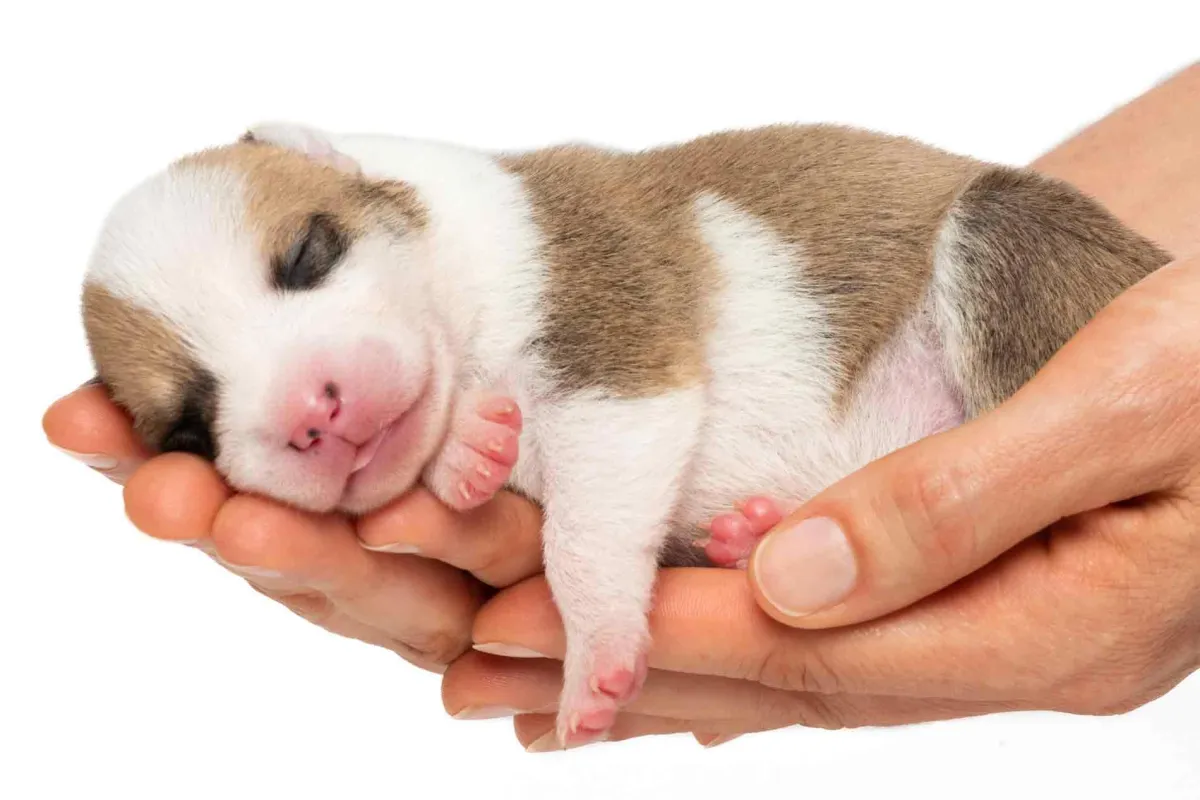
Beginner's Guide To Whelping Puppies
This guide tells you how to prepare for and predict when your dog will go into labor, what is normal, what is not normal and what you can do to help

How To Stop Puppy Whining
Puppies whine to communicate that they want or need something. Our first line of defense is to meet their needs so there is little reason to whine. But, inevitably, we will miss something, forget or wait too long and have a whining puppy. It’s bound to happen.
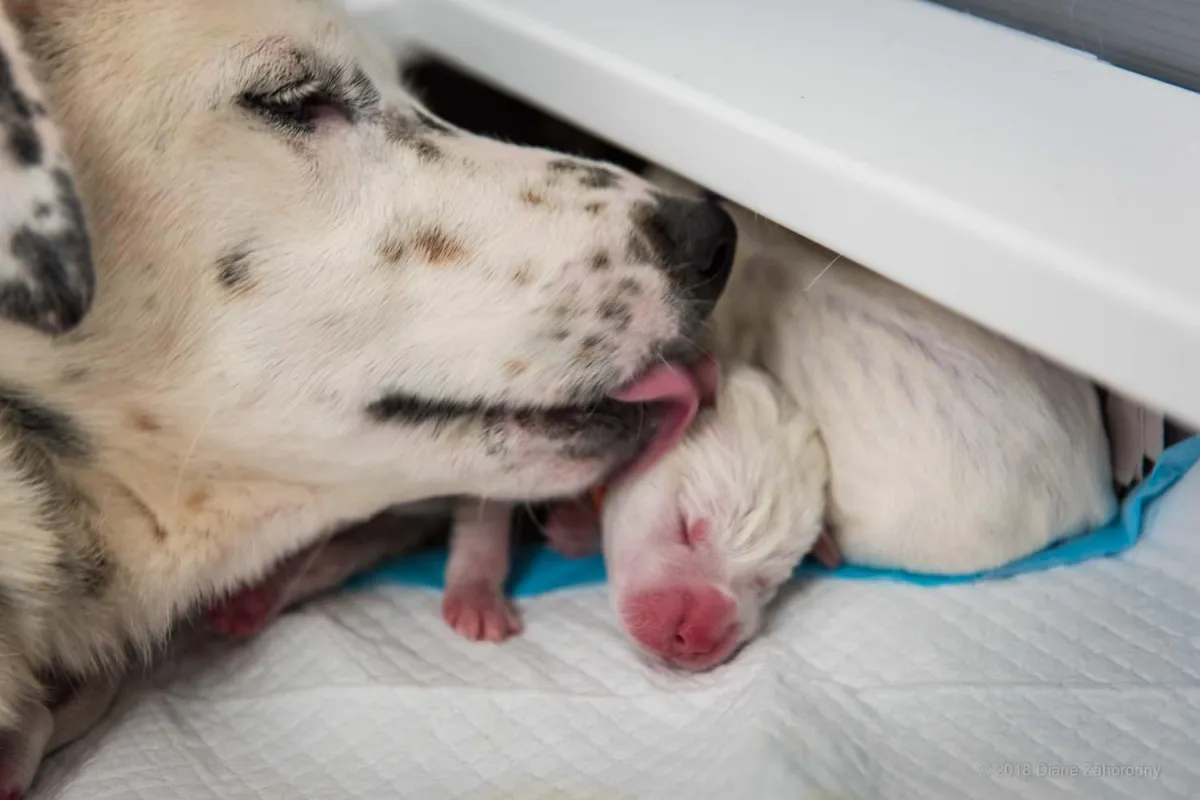
Ultimate Whelping Box Guide
A whelping box is a space designed for dogs to give birth and raise their puppies until their eyes and ears open around 2-3 weeks old. There’s a wide range of whelping box options from cheap and disposable to stylish and reusable.
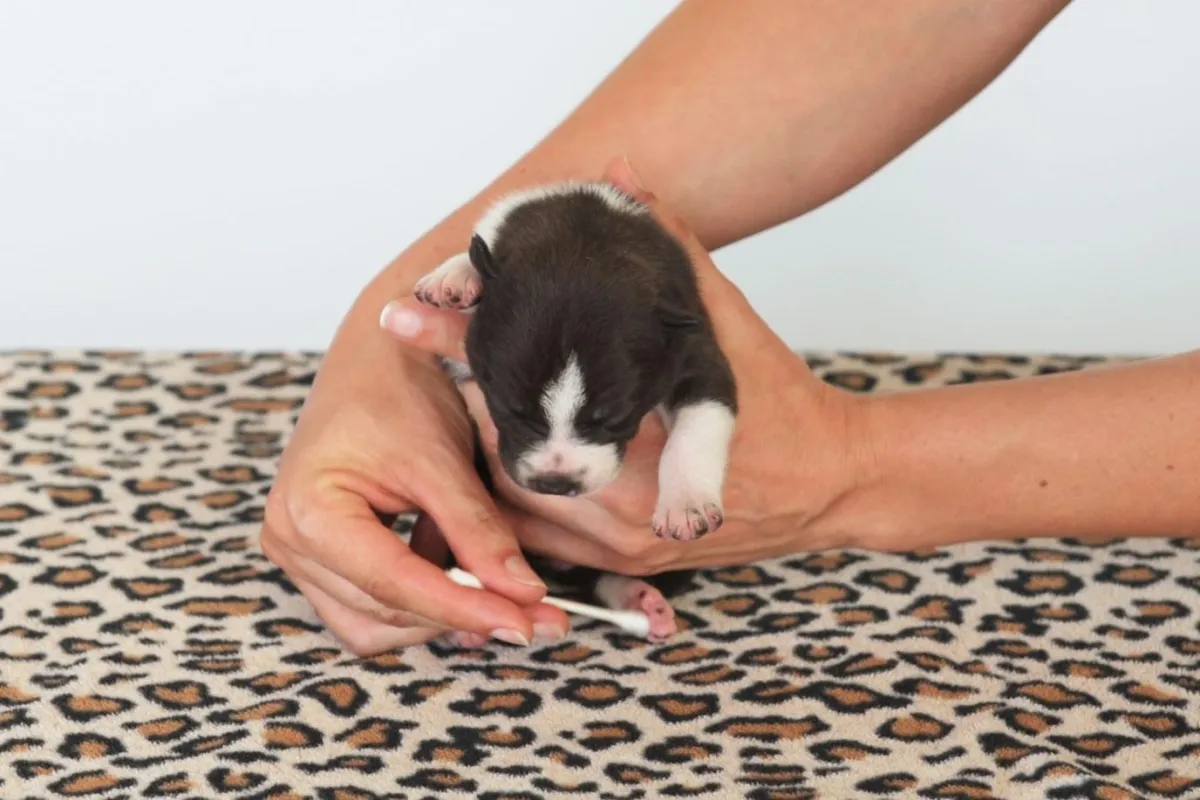
The Key to Stronger Puppies and Kittens - Neonatal Handling
Neonatal handling helps to stimulate a puppy or kitten’s neurological, endocrine and circulatory systems at a point when their brain’s are undergoing massive development. Studies have shown that exposing neonatal mammals to small, brief amounts of stress effectively inoculates them to future stress
Want My Worry Free Whelping Guide?
Learn what to expect and how to help so you can relax and enjoy your puppies being born with this free 17 page download
Want My Worry Free Whelping Guide?
Learn what to expect and how to help so you can relax and enjoy your puppies being born with this FREE 17 page download

Hey — I'm Diane. I've been whelping puppies for years and this guide has helped prepare many, like you for the adventure that's coming!
